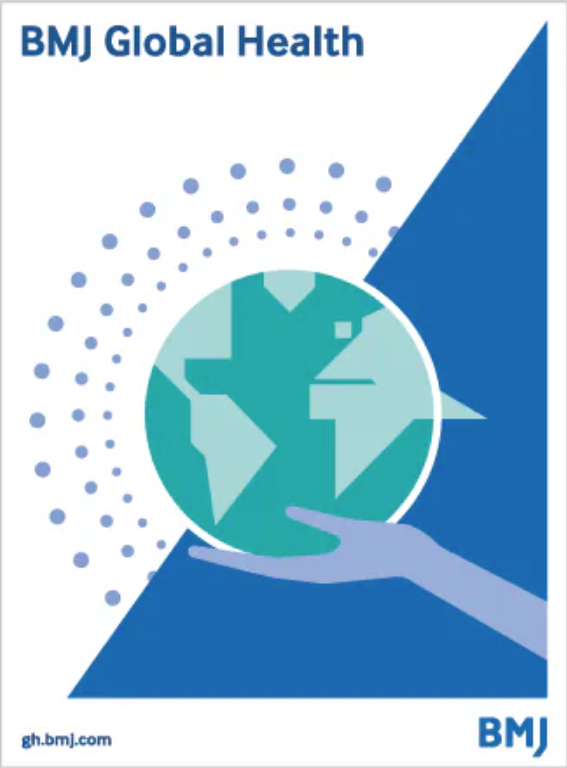合格、熟练或训练有素的分娩护理提供者:谁、在哪里和何时提供服务的难题
IF 7.1
2区 医学
Q1 PUBLIC, ENVIRONMENTAL & OCCUPATIONAL HEALTH
引用次数: 0
摘要
### 摘要框 在全球孕产妇和新生儿健康(MNH)文献中,护理人员有多种分类方法,这就产生了一个问题--护理孕产妇和新生儿的人员是否接受过必要的培训,是否具备提供优质护理的技能。这个问题强调了明确界定护理提供者的重要性。一个具体的定义不仅有助于正确解释研究结果,而且有助于了解母婴保健干预措施成功或失败背后的潜在原因。此外,在中低收入国家(LMICs),常规接生人员接受的培训水平往往参差不齐,即使在同一分类中也是如此。这种不一致性可能导致对熟练助产护理的估算无法比较,而熟练助产护理是全球用于参考 MNH 护理的一项指标。这篇评论强调了医疗服务提供者定义的重要性,而不是使用合格、熟练或训练有素等标准术语。我们首先回顾了全球常用的定义,然后举例说明了定义对研究结果的影响。母婴保健提供者的定义应包括谁参与其中(例如,教育和培训、执照、经验和每个提供者类别的信号功能责任)、在哪里提供保健(例如,设施的级别、设施与外联、当前的国家法规,以进行充分的背景描述)以及何时描述最近发生的任何事件...本文章由计算机程序翻译,如有差异,请以英文原文为准。
Qualified, skilled or trained delivery care provider: a conundrum of who, where and when
### Summary box In the global maternal and newborn health (MNH) literature, care providers have been classified in several ways, engendering the question—whether providers who care for the mother and her newborn(s) have the necessary training and skills to provide quality care. This question underscores the importance of clearly defining who provided care. A specific definition not only facilitates correct interpretation of findings but helps understand potential reasons behind successes or failures of MNH interventions. Additionally, in low- and middle-income countries (LMICs), providers who routinely attend deliveries often receive varying levels of training, even within the same classifications. This inconsistency can result in incomparable estimates of skilled birth attendance, an indicator used to reference MNH care globally. This commentary emphasises the importance of a provider definition that is beyond the use of standard terminology like qualified, skilled or trained. We begin by reviewing the common definitions used globally, then demonstrate, using an example, the effect of definition on study findings. MNH care provider definitions should include who was involved (eg, education and training, licensing, experience and the signal function responsibilities for each provider category), where care was provided (eg, level of the facility, facility vs outreach, current national regulations for adequate contextual description) and when to describe any recent event that …
求助全文
通过发布文献求助,成功后即可免费获取论文全文。
去求助
来源期刊

BMJ Global Health
Medicine-Health Policy
CiteScore
11.40
自引率
4.90%
发文量
429
审稿时长
18 weeks
期刊介绍:
BMJ Global Health is an online Open Access journal from BMJ that focuses on publishing high-quality peer-reviewed content pertinent to individuals engaged in global health, including policy makers, funders, researchers, clinicians, and frontline healthcare workers. The journal encompasses all facets of global health, with a special emphasis on submissions addressing underfunded areas such as non-communicable diseases (NCDs). It welcomes research across all study phases and designs, from study protocols to phase I trials to meta-analyses, including small or specialized studies. The journal also encourages opinionated discussions on controversial topics.
 求助内容:
求助内容: 应助结果提醒方式:
应助结果提醒方式:


